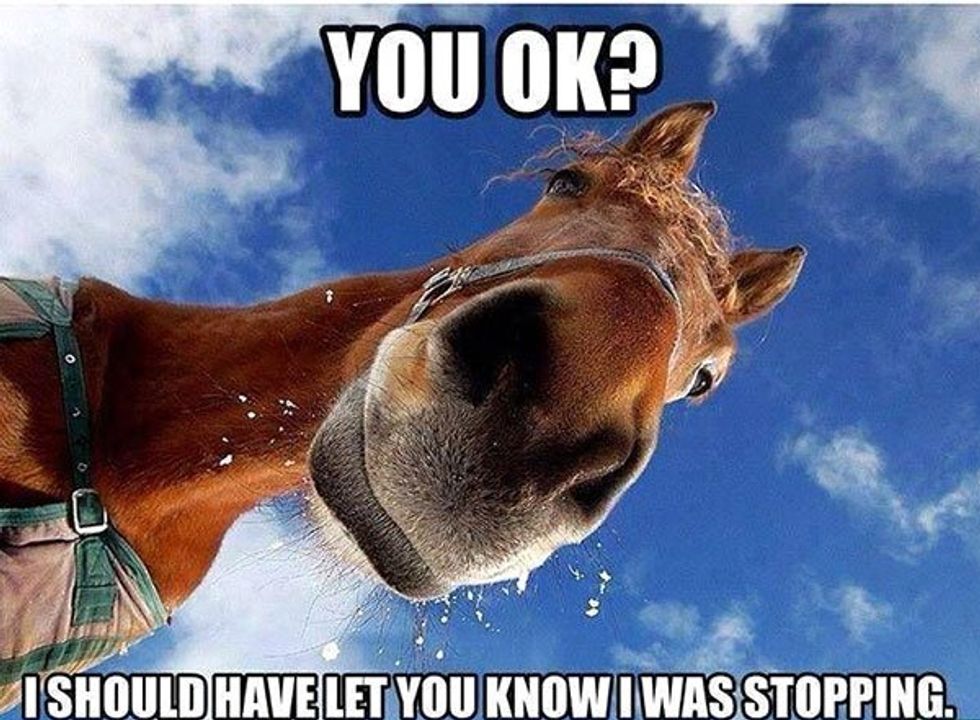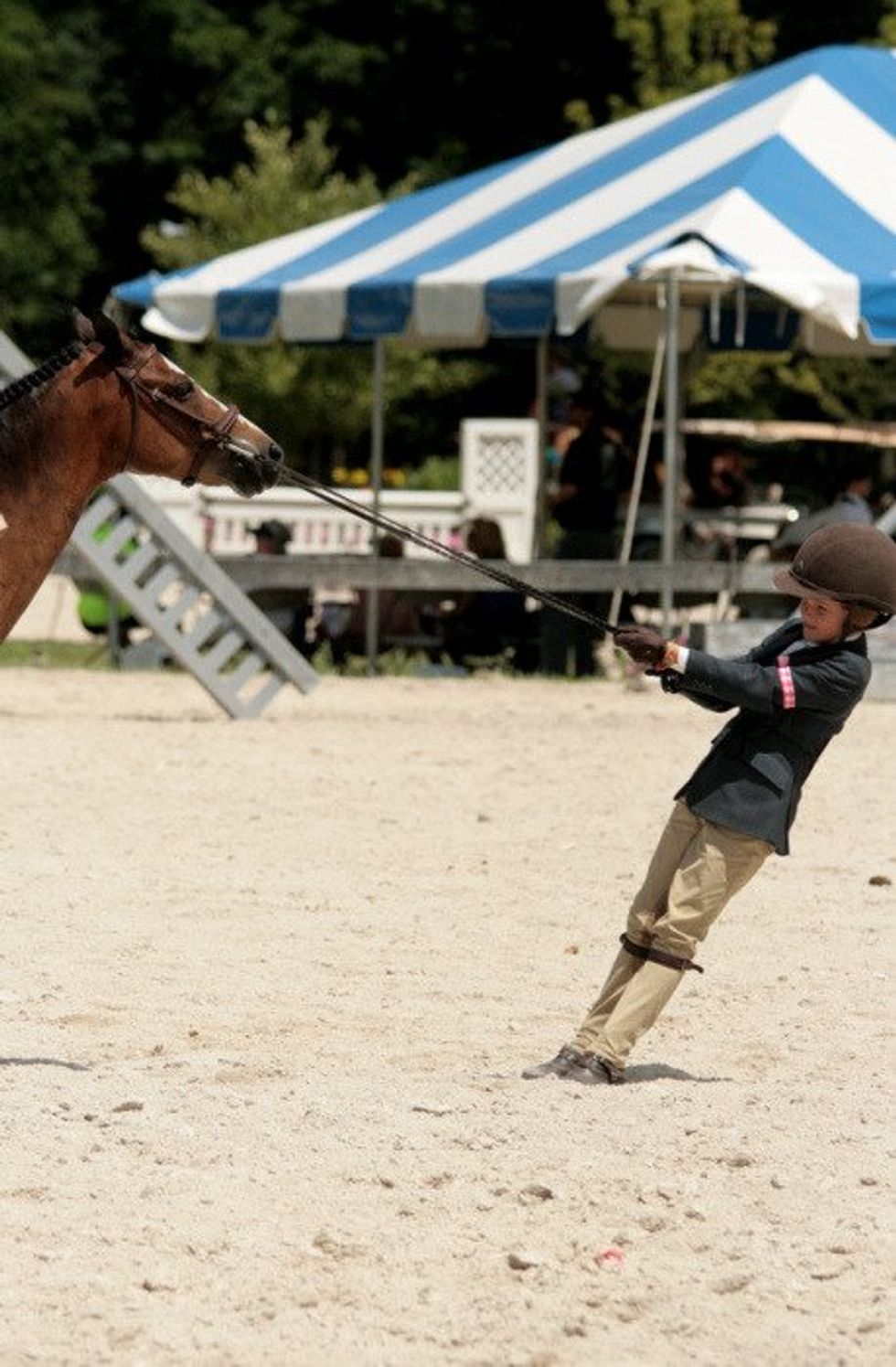When I initially came across this question, I’ll admit that I truly thought I was reading a joke. I wondered how a stigma could surround a mere choice of reading material—something that tends to be of deep, personalized interest. Looking back, I realize my own thought may have been a bit naïve itself, considering a stigma, typically started by a rather small but vocal subset of people, seems to surround most things currently. Perhaps it’s because I am a strong advocate of reading in general that I struggled to reconcile the fact that a preference for a book whose target audience is not your own could be seen as a bad thing in the first place. The Harry Potter Series. The Divergent Series. "Eleanor & Park." "The Perks of Being a Wallflower." "The Fault in Our Stars." All of these titles are examples of young adult novels that have soared in popularity and exposure across multiple audiences. However, if the reach extends beyond the typical young adult age category, then what else exactly defines Young Adult Literature (YA)?
Other than literary content marketed toward a young adult audience (ages 12-18), the content of YA tends to follow young adult characters and coming of age stories. Despite the fact that the lines between YA fiction and adult fiction have remained blurry for quite some time (see: The Harry Potter series, The Hunger Games series, and The Lord of the Rings series), arbitrary marketing tactics have apparently created an invisible yet stigmatizing barrier around YA literature that no “adult” shall pass. Quite frankly, though, it’s unlikely Gandalf is behind this one.
Rather, it seems the YA “stigma” has evolved in the same way that music elitism has taken off and continues to do so: by a vocal few with a platform. In the past, a small number of individuals who had gained some credibility in the music industry over time vocalized their disdain for certain types of music, attempting to use music theory and technique to shield the fact that their disdain was simply rooted in subjectivity. However, because of their status in the industry, fans and followers adopted a similar mindset; and thus, music elitism and the renouncing of anything other than “real music” were born.
Technically, with regard to literature, the question is not whether or not YA can be considered “real literature.” Instead, a few more outspoken individuals have decided that adults reading and perhaps even enjoying YA literature is in bad taste and even shameful to some degree. Ruth Graham, a journalist for the Boston Globe as well as a writer for several other news outlets crafted a controversial article, which essentially stated that adults should be ashamed for actively reading YA novels.
I hardly believe people are, as Graham puts it, “substituting maudlin teen dramas” for more “serious” literature. Once again, the distinction, masked by some semblance of literary superiority, is largely subjective, considering “serious literature” would be defined in 50 different ways by 50 different people. Several YA novels utilize the same literary devices as those employed by adult novels. The difference, rather, revolves around the subject of the novel. It may also be worth considering that perhaps some adults tend to enjoy YA novels because those novels are written by—wait for it—adults. Fortunately, proponents of the “live and let read” mentality came to the defense of YA-loving adults following Graham’s rant.
Writing off an enormous category of novels in its entirety and slapping a sweeping generalization of "unsophisticated storytelling" on top is a bit ridiculous in general. While the way in which young adults deal with young adult issues may seem counter intuitive to some adult minds, it doesn't make the story unreadable for adult eyes. A certain amount of empathy is required for adults to relate to teen and YA issues--empathy which better equips adults to interact with teenagers on a personal, emotional and intellectual level.
More and more YA novels (and popular ones, at that) are also rejecting Graham's notion that YA novels only provide unrealistic, "happy" endings. While I won't provide spoilers, John Green's "The Fault in Our Stars" and Jennifer Niven's "All the Bright Places" essentially sucker-punched readers right in their emotions with particularly unhappy endings. In reality, young adults often grapple with more adult issues--sex, unexpected pregnancies, drugs, alcohol, death, etc. Obviously, the way in which a young adult protagonist deals with one of these issues may differ from the chosen method of an adult. However, if, as an adult, you're waiting on a fictional young adult protagonist to approach a problem as realistically and methodically as a full-fledged retiree, you or other individuals with Graham's mindset may be waiting a while.
Ultimately, though age and maturity can act as predictors for what our interests might be, those designations should not act as limitations to what our interests actually are.
Curious to see if I would be met with the disapproval of other Ruth Grahams in real life, I spent one week publicly brandishing what I was reading solely for research purposes (shout-out to my Bachelor of Science degree in Psychology). I alternated reading three of my favorite YA novels in very public spaces: "Harry Potter and the Goblet of Fire"by J.K. Rowling on the New York Subway; "All the Bright Places"by Jennifer Niven in Times Square, and "Eleanor & Park" by Rainbow Rowell in a crowded restaurant.
While I hypothesized some negative responses in the form of strange, disapproving looks and “aren’t you a little old to be reading that?” none of my results in this oh-so-scientific venture supported that hypothesis. In fact, the adult man and the adult woman who read over my shoulder on two separate occasions supported otherwise. Let it be known that the same woman promptly asked what I was reading as I began to exit the train. Largely, however, a majority of individuals paid no attention to what I was reading. I was left to my own devices to enjoy what I had put in front of me. What a concept.
Granted, I was asked to show my ID at the crowded restaurant as I ordered what was a heavenly glass of Malbec while holding "Eleanor & Park" in my hand. However, between federal laws and the fact that I can look young for my age, it’s impossible to attribute this one to a waiter’s rejection of an adult potentially reading a YA novel.
The short answer? A teensy bit of stigma may exist, but it’s only fueled by people who write things on the internet. And maybe by people who probably hate puppies. Luckily for you, this person who writes things on the internet and who loves puppies is telling you to read as much YA that makes you happy. In the meantime, I’ll be over here with Rainbow Rowell in one hand and Salinger in the other, probably listening to a band everyone likes, and sipping Malbec through a straw because my hands are full, clearly living my best life.

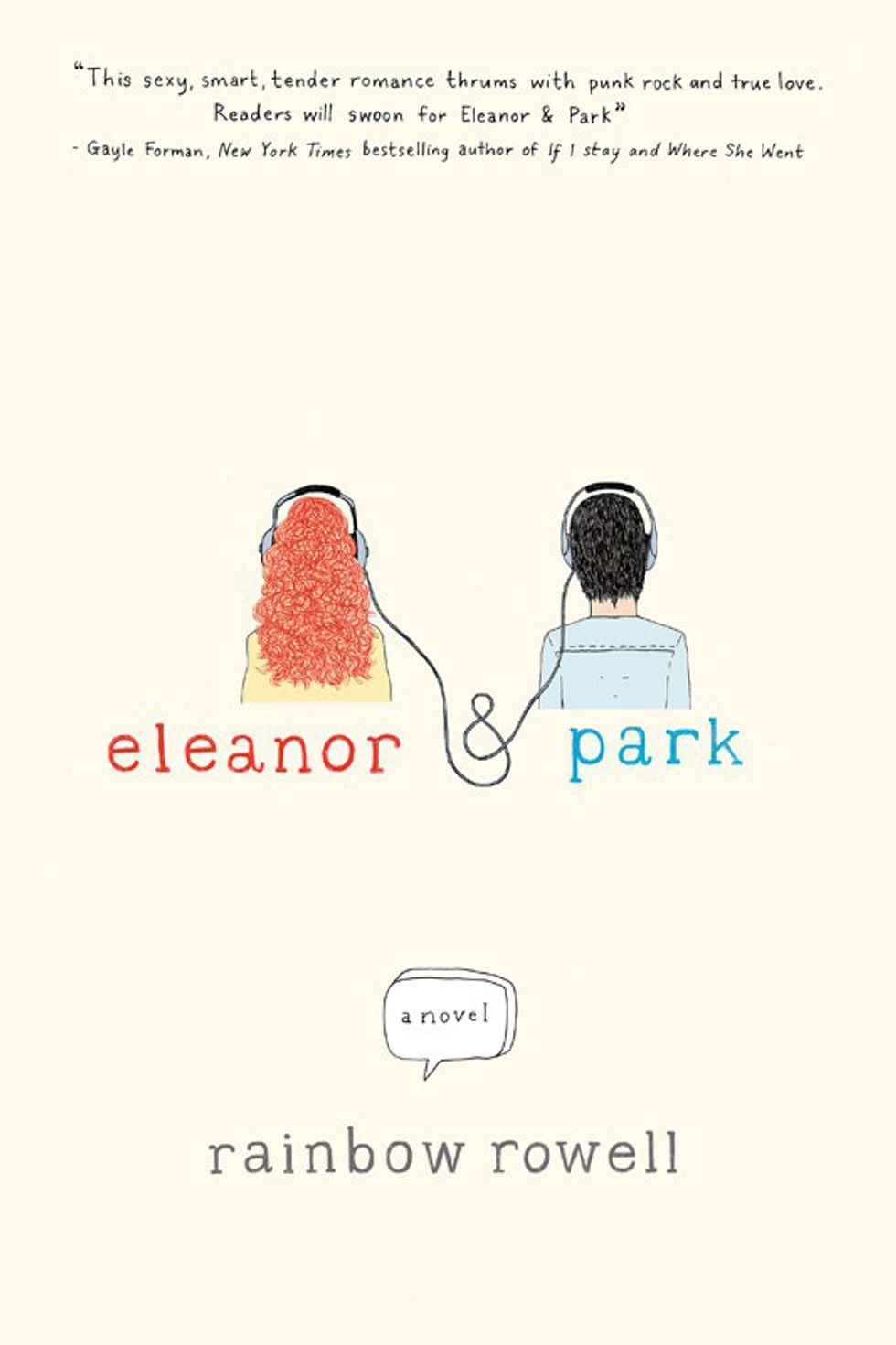
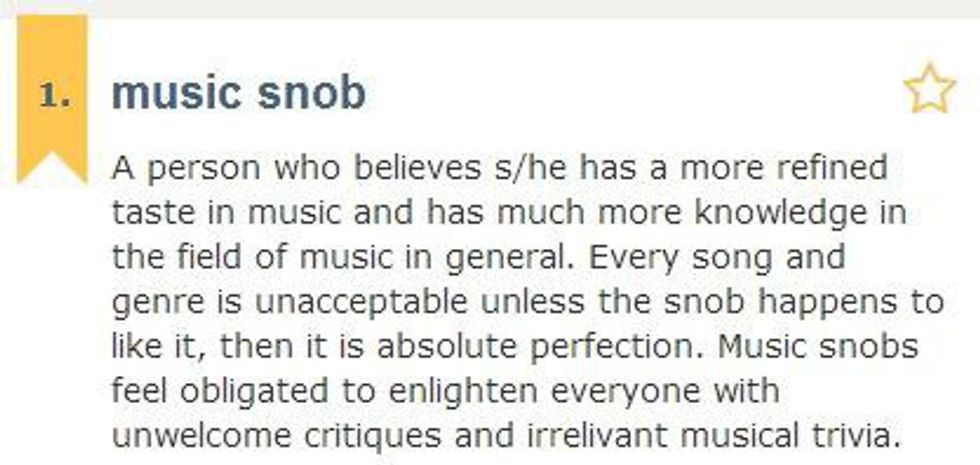
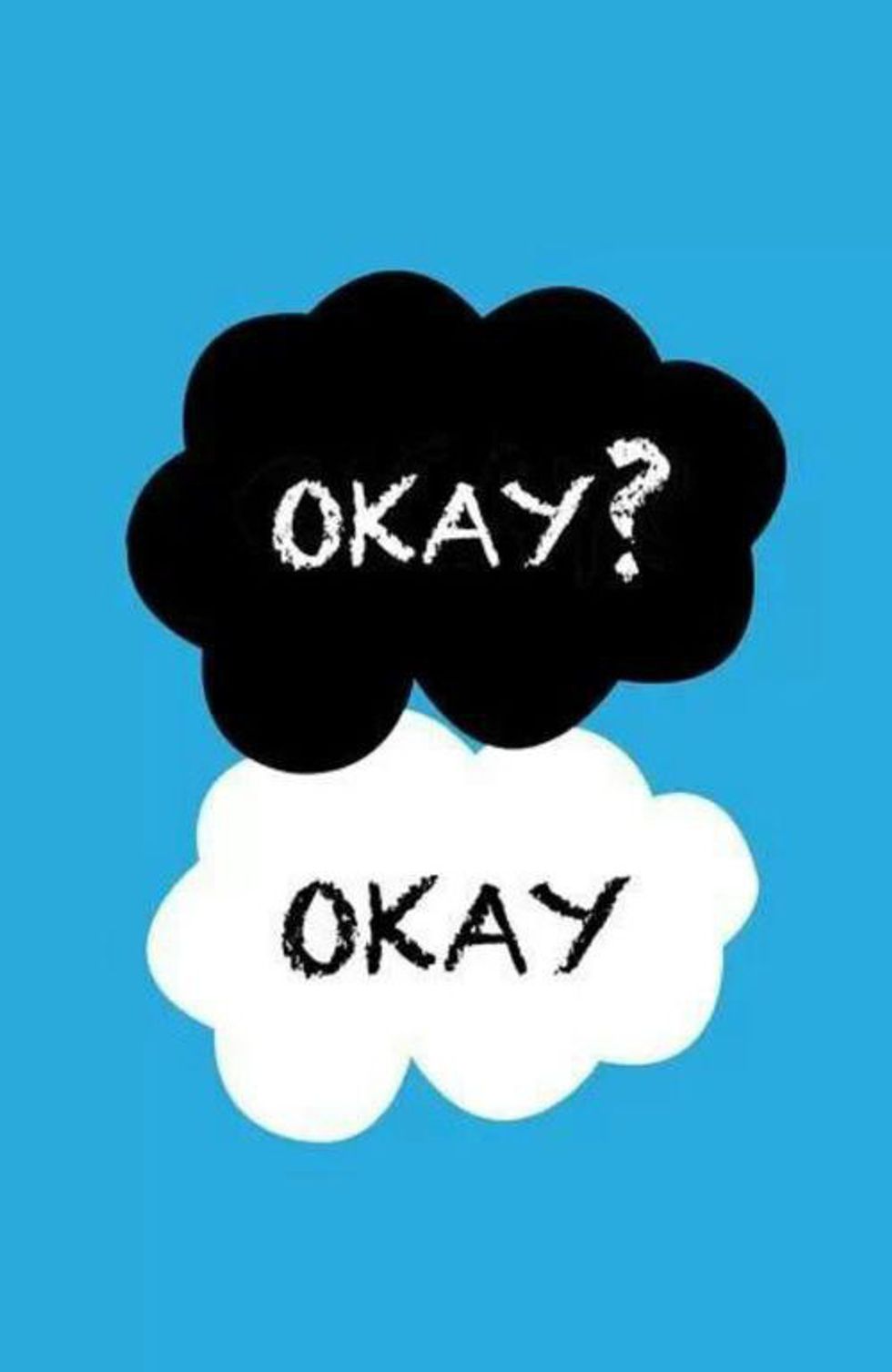
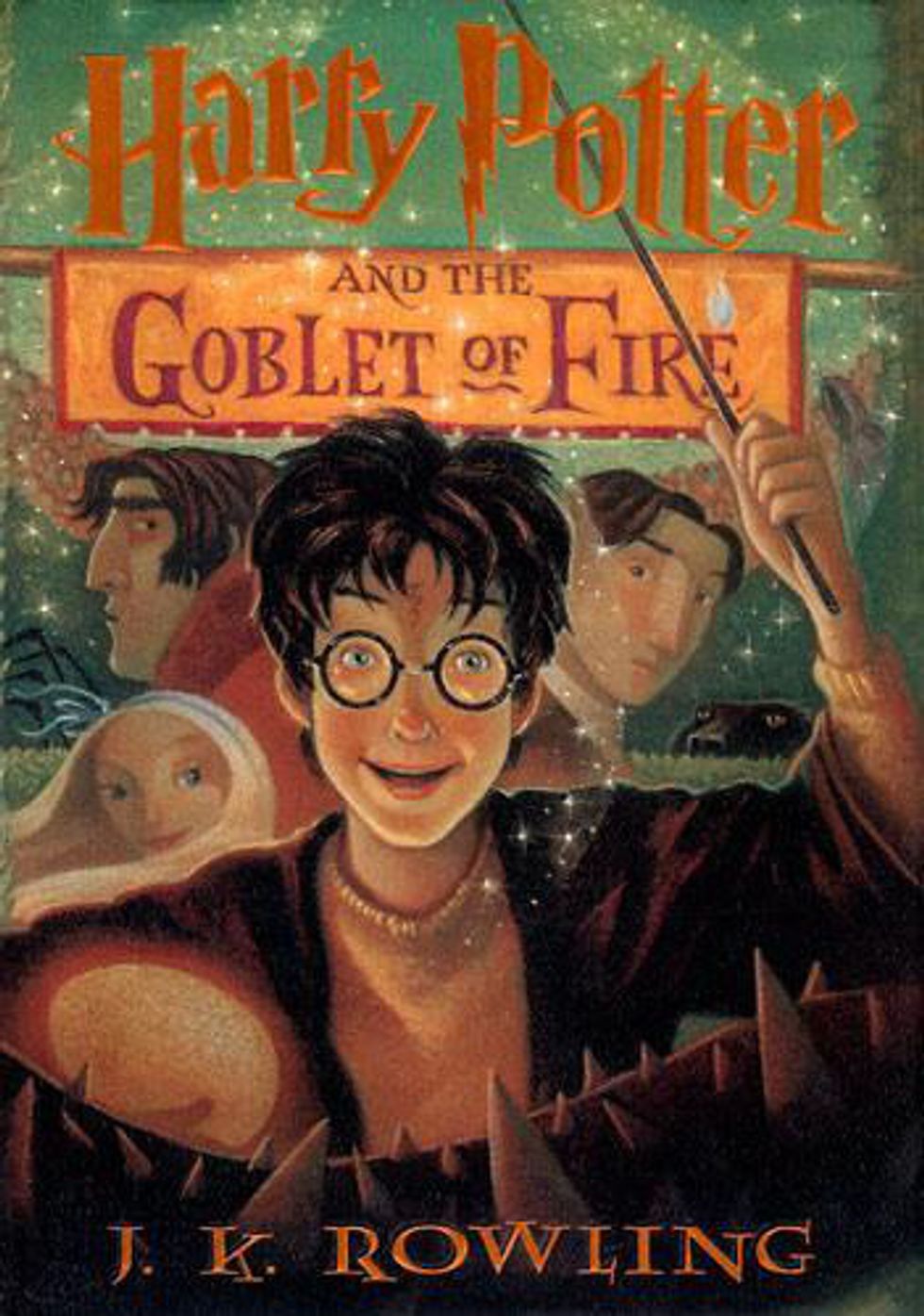



 teenhorseforum
teenhorseforum